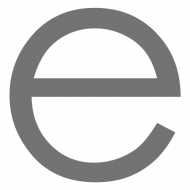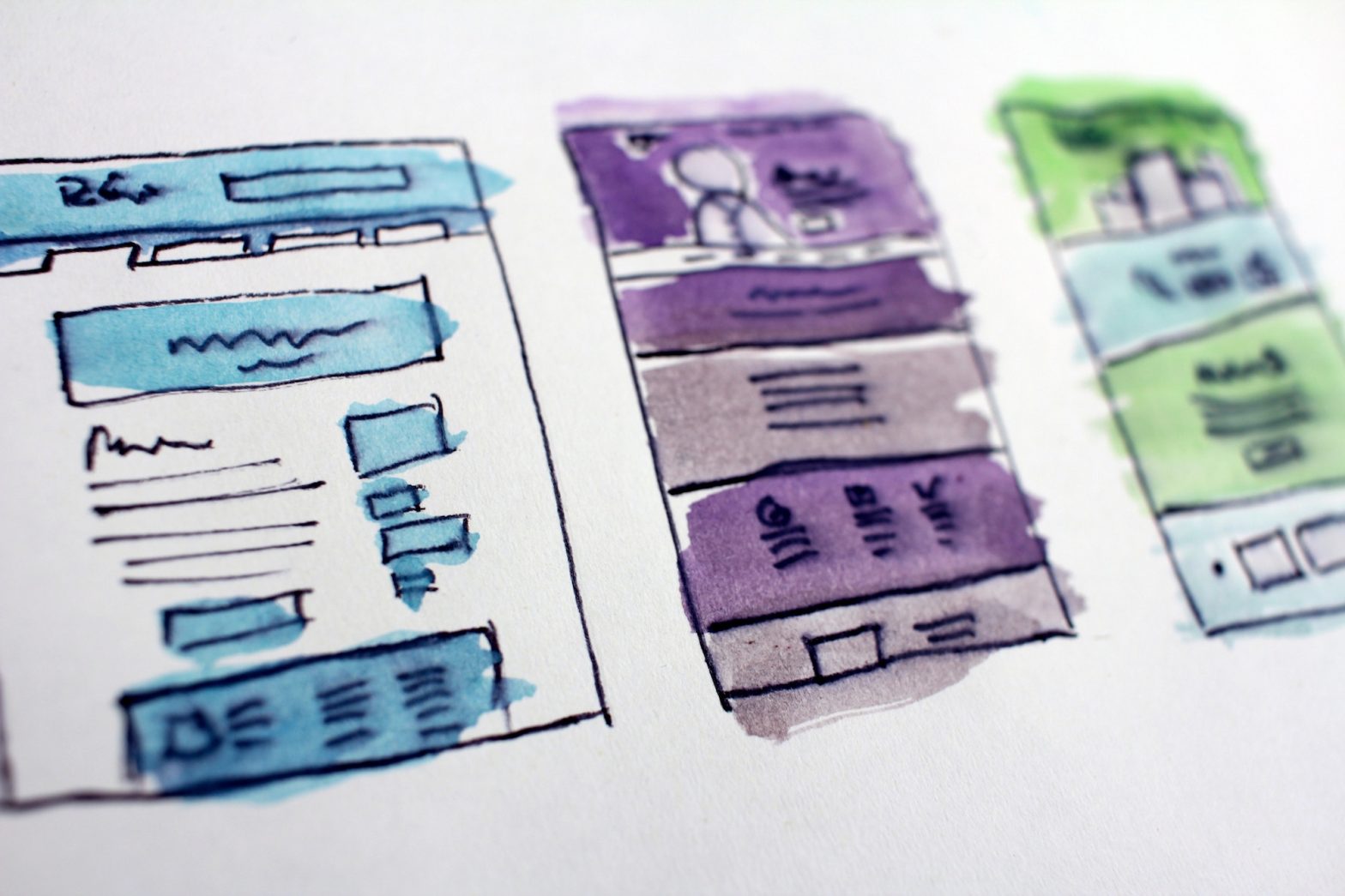Preparing for a discovery interview with a new agency partner can make a world of difference in your mutual first impressions – and the quality of your potential new engagement. Of course, every agency does things a little differently, and every client organization and brand will have its own goals, needs, and concerns, so there’s no one-size-fits-all approach. But in our experience, following these guidelines can yield a lot of added benefit without requiring much effort on your part. Remember, in this game information is everything, and the more both parties know and understand about each other, the easier it’ll be to find a path forward that successfully addresses everyone’s needs.
1. Understand Your Goals – And Put Numbers To Them.
In every single engagement, your goals as an organization will always be the most important factor, guiding everything from the scope of the project to the tactics involved to the budget needed to realistically accomplish them. The more concretely you can lay out objectives, contextualized in terms of both business outcomes (such as revenue) and project goals (i.e., a given conversion target) the more accurately your partner agency can lay out a realistic plan for success.
Some examples of helpful goals (and types of goals) to include are:
-
- Revenue targets (quarterly, annually, etc)
-
- Percentage of online sales
- Primary conversions (i.e., sale, registration, phone call)
2. Know Your Budget.
The next most important factor, as always, is your available budget. Ideally, the scope for a future project will always be something of a conversation – balancing the best-case options against the constraints of your organization’s marketing budget and other ongoing projects – but knowing the bounds for a given project is helpful in working toward a practical middle ground. Often it’s helpful to arrive with a range of potential project budgets in mind, with the assumption that some projects will call for a leaner budget than others.
3. Review Past Agency History.
If you’ve worked with an agency or consultant in the past, it’s helpful to bring some details about that experience to your discovery with a new possible agency partner. Even a brief summary of prior responsibilities and work completed will usually suffice, but the more detail you have on hand, the better. This makes it easier to frame expectations and view new projects in context, while also ensuring everyone’s on the same page about what work has already been done (and what did or did not go well with that experience. In some cases, if possible, it might make sense to make contact with them directly to provide a summary of the work they completed, especially if some time has passed since that partnership expired. It may also help to review that project with the members of your team who were most familiar with it, or worked directly with the agency (especially if they’re attending the discovery!).
4. Review available analytics and other performance data.
Depending on your own familiarity with Google Analytics, and the nature of your organization’s internal reporting, it may be wise to at least briefly review your website’s performance over the past year (or longer). Pay attention to key metrics that are important in the context of your goals, and/or what you envision as key performance indicators (KPI’s) in a hypothetical project going forward. That could include number of sessions, time on site (average session duration), conversions, or performance by channel. Coming prepared with baseline figures for these metrics helps establish a starting point for a potential project with an agency and places expectations for any future efforts in context.
5. Prepare specific questions. As always, the more you know about what you’re looking for, the easier it will be to figure out a potential working relationship. So, be sure to prepare a list of your own questions for the interview, and don’t be shy in pressing for hard answers when it calls for it.
Some examples of topics to inquire about:
-
- Agency history and experience
-
- Typical process in a similar-sized engagement
-
- How responsibilities are divided/allocated
-
- Areas of greatest expertise
-
- General philosophy toward digital marketing (worded succinctly!)
-
- Pricing (ideally in ranges), and breakdown of costs if possible
- Differentiators vs. competitor agencies. What makes them special?
6. Formulate a potential project scope.
The scope you ultimately agree to may look very different following the outcome of the discovery process, but it’s helpful to come with some idea of what you envision for a project, including main tactic areas (i.e., SEO, paid advertising, social, etc.), timeframe, and specific KPI’s/goals. This establishes a useful starting point for the conversation, and creates a baseline of expectations for the project that may be modified based on what your agency tells you is realistic given available resources.
7. Research the competition.
No doubt you’ll have already taken a look at your other options when you decide to meet for an initial discovery – and may still intend to meet with others before moving forward with a contract – but it’s always a good idea to know as much as possible about what else is out there and how they might approach your project differently. And depending on the size of the project, your sense of an agency’s competition may be very different from their own, so be sure to research a wide variety of options before coming to any conclusions, particularly if their past projects include work with international clients.
8. Provide any necessary or helpful information in advance.
Ideally, any agency you meet with will request information they need from you in advance of the discovery, in order to be as prepared as possible and leave time to perform preliminary research as needed. But it also doesn’t hurt to be proactive in this process, especially if you have additional primary or secondary research of your own on hand. Consider what questions you might want the agency to be able to answer for you, and whether or not there’s any information about your organization and/or industry, in particular, that would help them come up with a better answer. The end result will always be a more productive and informed conversation, which in turn nearly always lays the groundwork for a strong working relationship in the future.
When it comes down to it, discovery is all about providing each party with as much relevant and useful information as possible to make future conversations, proposals, and ultimately working engagements as effective as they can be. Time spent in preparation is rarely wasted, and will set a precedent for mutual respect and openness that can only benefit a working relationship. It reflects your own commitment to a quality project and will encourage your agency partners to do the same. We always recommend approaching this step as proactively and transparently as possible, and strive to do the same ourselves. Be wary of agencies who withhold information!
If you represent a brand or organization approaching the discovery phase with a new agency, and you have any questions or suggestions for us, feel free to leave them in the comments. We are always looking to improve our own discovery process and ensure that the first step in any engagement goes as smoothly and pleasantly as possible – which always begins with thorough preparation.
Download our discovery interview questionnaire/checklist here!

